Soy is a highly valued food for its multiple properties and health benefits. Originally from Asia, it has become an essential ingredient in diets around the world thanks to its versatility and nutritional profile. At NutriCare, we want to share with you why soy should be part of a balanced diet and how it can contribute to your well-being.
Nutritional Properties of Soybeans
Soy is a legume rich in high-quality protein, comparable to animal proteins. In addition, it contains a complete amino acid profile, making it especially beneficial for those following vegetarian or vegan diets. Here are its main properties:
- High Protein Content : Soy is one of the best sources of vegetable protein, providing approximately 36-40 grams of protein per 100 grams of product.
- Healthy Fatty Acids : Contains polyunsaturated and monounsaturated fatty acids, including linoleic acid (omega-6) and alpha-linolenic acid (omega-3), which are beneficial for cardiovascular health.
- Rich in Vitamins and Minerals : Soy is a source of B vitamins, such as B1, B2 and B6, and minerals such as iron, calcium, magnesium and zinc.
- Natural Antioxidants : Its isoflavones have antioxidant properties that help combat oxidative stress and protect cells from aging.
- Source of Fiber : Helps improve digestion and promotes healthy intestinal transit.
Benefits of Consuming Soy
- Support Cardiovascular Health : The fatty acids and fiber in soy help maintain healthy cholesterol levels and improve heart health.
- Hormonal Control in Women : The isoflavones present in soy have a structure similar to estrogen, which can help relieve menopausal symptoms and maintain bone health.
- Maintaining Muscle Mass : Due to its high protein content, soy is ideal for active people and athletes looking to maintain or increase muscle mass.
- Support for Plant-Based Diets : Soy is a key ingredient in vegan and vegetarian diets, providing complete and essential proteins for balanced nutrition.
- Antioxidant Benefits : The antioxidant properties of soy help protect cells against free radical damage, which may contribute to the prevention of chronic diseases.
Ways to Consume Soy
Soybeans come in a variety of forms, making them very versatile in the kitchen. Some of the most common ways to consume them are:
- Tofu : A rich source of protein, ideal for stir-fries, soups and salads.
- Soy Milk : A plant-based alternative to cow's milk, perfect for people with lactose intolerance.
- Edamame : Soybeans in their freshest form, ideal as a healthy snack or to add to salads.
- Tempeh : A fermented soy product that contains more fiber and vitamins, perfect for replacing meat in meals.
- Soy flour : Used in baking and pastry making to enrich preparations with proteins.
Considerations When Consuming Soy
Although soy offers multiple benefits, it is important to consume it in moderation and in a balanced way, since excess isoflavones could interfere with hormonal function in some people. It is also advisable to opt for non-GMO and preferably organic soy products.
Conclusion
Soy is a highly nutritious and versatile food that can significantly contribute to a healthy diet. At NutriCare, we encourage you to integrate soy and its derivatives into your diet to take advantage of all its benefits. As always, consult with your nutritionist or health professional to adapt it to your individual needs.
Find out more about beneficial foods and nutrition tips at nutricare.es .
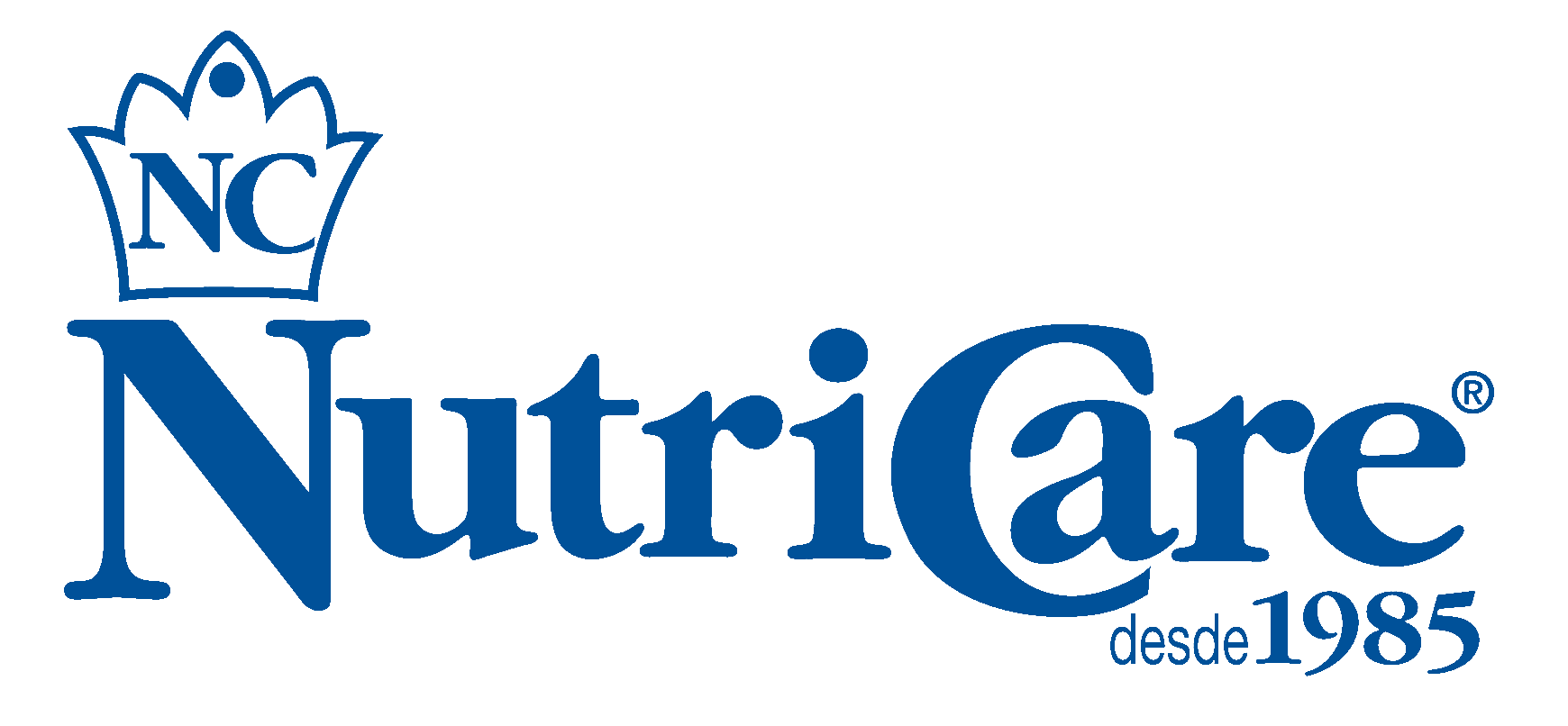




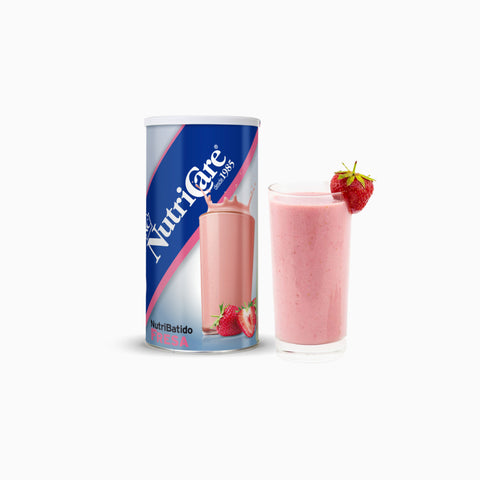
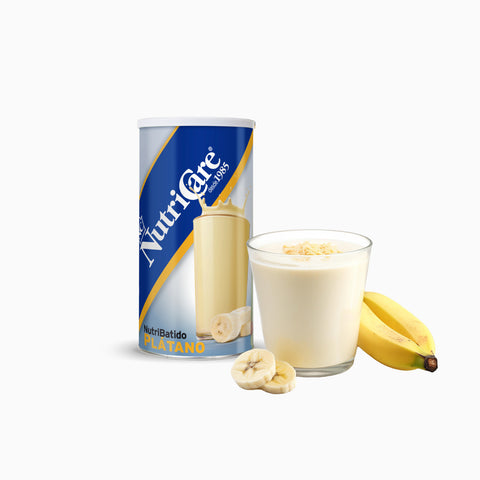

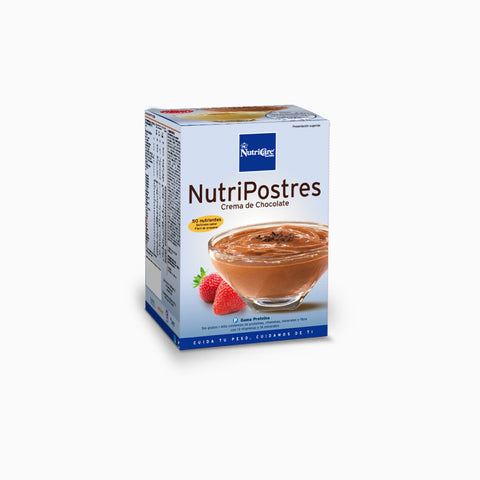
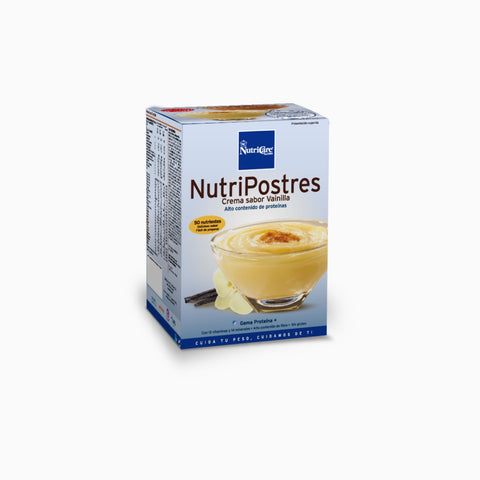
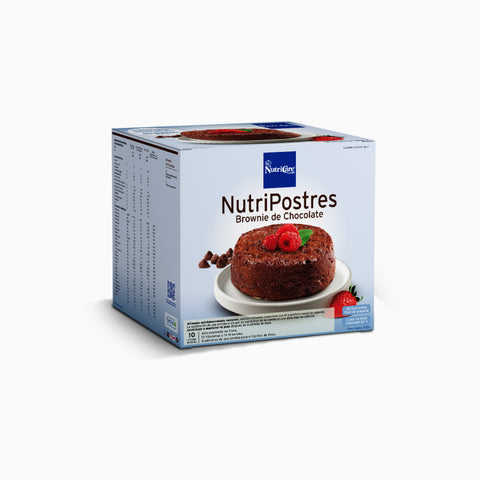
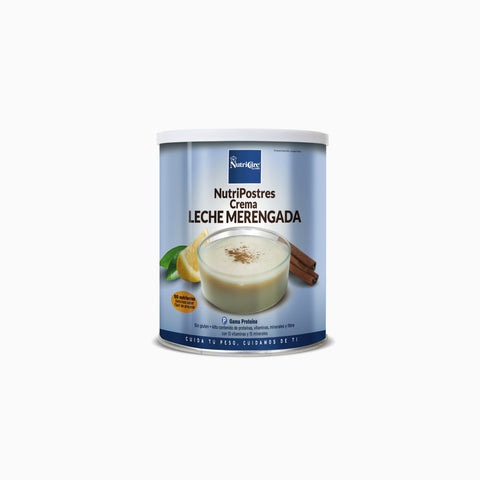
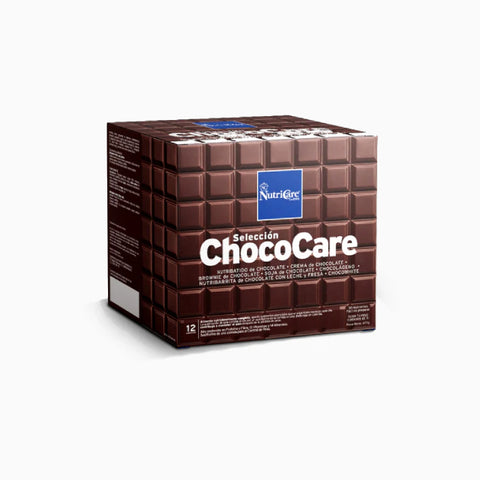

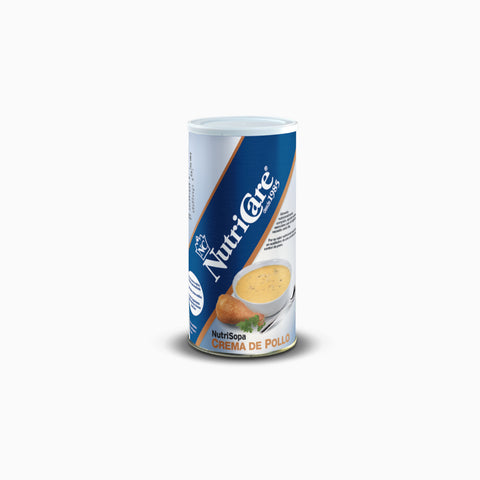
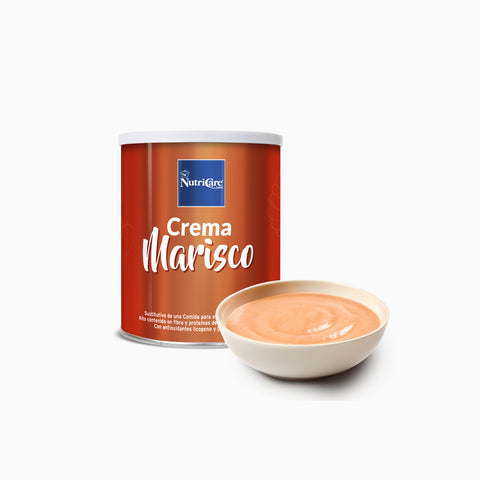
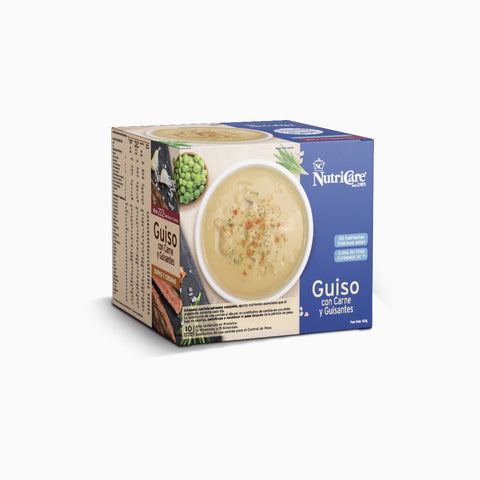


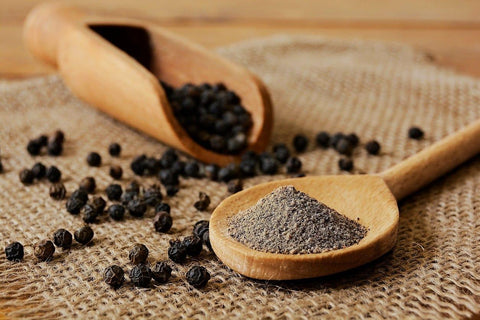
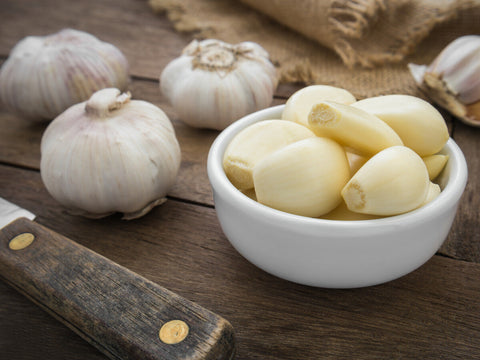
Comments (0)
There are no comments for this article. Be the first one to leave a message!